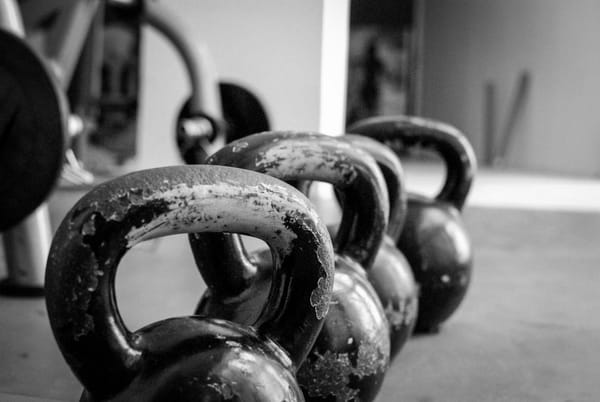Elsewhere / Power of Movement
In 2015, Brandon Alderman, from the Department of Exercise Science at Rutgers University, led a team which published a report in Translational Psychiatry. Alderman and colleagues conducted a study on mental and physical (MAP) training, which combines mental training through meditation and physical training through aerobic exercise. Individuals with major depressive disorder who participated in the study did 30 minutes of focused-attention meditation and 30 minutes of moderate-intensity aerobic exercise. They reported significantly less depressive symptoms and ruminative thoughts.
A Power of Movement article on Psychology Today cites additional studies that support the importance of movement in regards to optimum mental wellness.
In a study of 38 healthy volunteers, researchers found that exercising on a stationary bicycle (to a heart rate of 85 percent of predicted maximum heart rate) altered participants’ levels of two crucial neurotransmitters, GABA and glutamate, that are responsible for the growth of brain cells. As the lead author reported: "Major depressive disorder is often characterized by depleted glutamate and GABA… Our study shows that exercise activates the metabolic pathway that replenishes these neurotransmitters”
ELSEWHERE // STAY CURIOUS
Continuing from last week's topic on goals and systems, here is another piece from Farnam Street.
Habits are processes operating in the background that powers our lives. Good habits help us reach our goals. Bad ones hinder us. Either way habits powerfully influence our automatic behavior.
Shane Parrish speculates on the problems with a goal oriented approach versus the benefits of a habit (system) based approach. Goals have an endpoint, thus after achieving we tend to stop doing what was necessary to accomplish the goal. After completing an Ironman or marathon, often we stop the routines of exercise. Goals also rely on external factors. Making six figures per year, or achieving a certain ranking in work or sport isn't always attainable, other factors outside our control contribute to the outcomes.
Goals require more willpower than habits. Shane shares this example, "...the goal of saving money requires self-discipline each time we make a purchase. Meanwhile, the habit of putting $50 in a savings account weekly requires little effort. Habits, not goals, make otherwise difficult things easy."
"The purpose of a well-crafted set of habits is to ensure we reach our goals with incremental steps."
Habits, on the other hand, can exceed goals. Contributing something small each day eventually compounds into something much larger. Habits are easier, once engrained in our routines.
"While goals rely on extrinsic motivation, habits are automatic. They literally rewire our brain."




